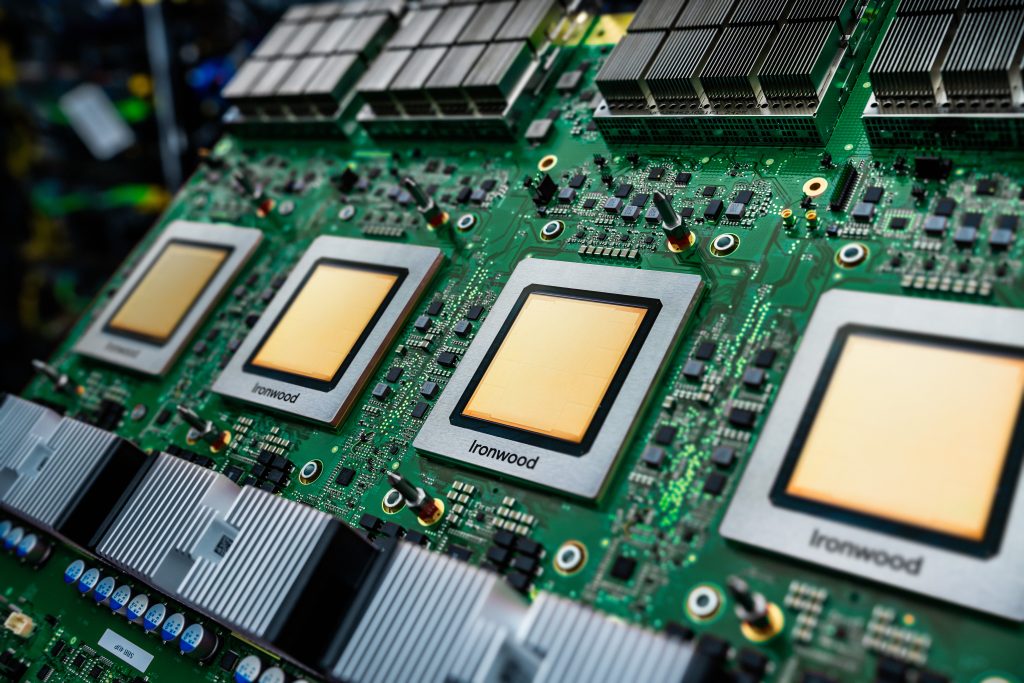If you’re feeling overwhelmed by AI headlines, you’re not alone. From technology publications to LinkedIn feeds and industry events, AI discourse dominates business discussions. The hype feels a bit unrelenting at times, but retailers in Southeast Asia can’t afford to tune out.
The buzz surrounding AI has multiplied over the past three years, with headlines about rapid technological advancement, adoption, business transformation, job market effects, ethical quandaries, and the impending arrival of artificial general intelligence all highly visible.
As of the beginning of 2025, we’ve already seen major moves from the US, including the Stargate Project, a $500 billion investment in AI infrastructure from SoftBank, OpenAI, Oracle, and MGX. Meanwhile, DeepSeek’s emergence from China as a sophisticated cost-effective reasoning model has shaken markets.
Between all the headlines and hot-takes, a clear message is also being pushed to businesses: adopt AI or risk being left behind.
For retailers, this is creating real pressure to act. Customer expectations are shifting towards personalised shopping experiences that AI can enable. Meanwhile, businesses feel they must keep pace with technological changes to maintain market share, while AI also promises opportunities to improve operations and increase revenue.
The opportunity in Southeast Asia
Southeast Asia is a hot market for AI adoption. With competition among major players heating up and technology providers integrating AI into their offerings, AI is now more accessible to mid-market retailers as well as major enterprises. The region is also well-suited to AI integration, as the market typically moves quickly to implement new technologies once proven.
While affordable AI technologies and the appetite to harness them exist among retailers, there is a key challenge often absent from the online discourse or in the traditional press: determining specific use cases that add value.
From chatbots to retrieval augmented generation systems (RAG) and autonomous AI agents, organisations are still working out how to implement AI effectively and efficiently. The excitement around AI’s potential is clear, but businesses need to ensure any implementation delivers tangible value, rather than just existing for the sake of it.
This leaves retailers in a challenging position. The pressure to adopt AI is significant and technologies are maturing fast. Companies have to balance pressure and the identity of practical applications that create real value for their business and customers.
What AI adoption looks Like
There are many ways a retailer could potentially integrate AI applications into its operations, depending on size and needs.
For example, a retailer might sign up for one of the many generative AI platforms available to produce promotional images and graphics for marketing purposes.
If the company operates an online presence, another entry point might be an LLM-driven chatbot that can handle customer inquiries about things like opening hours, item availability, specials, and return policies.
One increasingly popular and proven way that retailers in Southeast Asia can integrate AI into their operations is through solutions that use customer data to improve the shopping experience. By another name, this is authentic personalisation.
Personalisation makes a retail store so much more than just another store. It allows brands to provide a shopping experience that is tailored to each customer’s individual preferences.
Consider the following example. In the future, before setting foot in the store, customers of Cold Storage in Singapore might receive completely personalised product recommendations that consider not only their past purchases, dietary preferences and lifestyle, but also real-time contextual factors like the weather or local festivals.
The recommendations could be delivered through an app, via email, or social media. The app could also create shopping lists based on weekly patterns and trends, or upcoming holidays, helping customers save time and ensure they don’t forget any regular staples.
Another key pre-shopping AI opportunity is personalised offers and promotions, including challenge offers. Challenge offers provide a gamified experience where customers are increasingly rewarded for meeting specific targets, like spending a certain amount in a set period. The challenges can be tailored to a customer’s preferences, presenting goals or targets for product groups they like or buy often.
Personalisation also extends to the in-store experience, where recommendations might pop up in the app based on where customers are in the store. Customers might also scan products with their phones to receive reviews and recipes they might like. Taking this a step further, supplier-funded personalised ads for attractive items could also be generated on a customer-by-customer basis.
A proven way to bring AI to business
Personalisation and gamification solutions for retail can help retail brands increase customer satisfaction and loyalty. Retailers don’t even need to have an existing loyalty programme to get started.
In the case of Eagle Eye’s offering, for example, a retailer in Southeast Asia could deliver personalised challenge promotions, powered by AI, in as little as five weeks. This represents a speed to market that matches the region’s hunger to roll out technology solutions quickly.
Such solutions have already been delivered in other markets to great effect. For example, in the United Kingdom, major grocery brand Tesco has adopted AI and is using it to bring benefits to its customers.
Tesco launched Clubcard Challenges in May 2024. The is a loyalty-integrated gamification initiative that utilises AI to create customised, shopper-specific challenges.
Clubcard members are invited to participate in the game, and are served 20 distinct challenges, like spending £20 on summer BBQ supplies for a chance to collect up to £50 in Clubcard points. Once all tasks are completed, they can win additional rewards.
In other markets, major coffee chain Starbucks uses its Deep Brew technology to analyse customer preferences and contextual data, enabling personalised recommendations like suggesting cold drinks to specific customers during warm weather.
Similarly, French supermarket chain Carrefour has partnered with Eagle Eye to gamify its MyClub loyalty program, creating customised challenges and goals based on individual shopping patterns and purchase history data.
Make it happen
Examples and real-world case studies such as those above demonstrate how retailers in the region can create powerful customer experiences, drive loyalty, and increase profitability without extensive lead times or long implementation timelines. Rollouts can be quick and remain cautious. Pilot programmes can be run to test effectiveness before moving to full-scale adoption.
Taking the first steps in AI-driven personalisation with a partner like Eagle Eye means retailers in Southeast Asia can start with innovative solutions like challenge offers quickly and easily, taking the anxiety out of being left behind in the AI race and joining other early-adopting global brands.
(Image source: Unsplash)







